News media in New Zealand simultaneously reported on this shocking issue: the dramatic increase of family violence cases during the COVID-19 lockdown in New Zealand.
Family violence is not okay. We are here to help.
Asian Family Services (AFS) is a non-profit organisation that provides face-to-face, telephone and online counselling services for Asians (including Asian international students) living in New Zealand in eight languages: English, Mandarin, Cantonese, Korean, Japanese, Vietnamese, Thai and Hindi.
If you or your family needs help, please call the Asian Helpline 0800 862342.
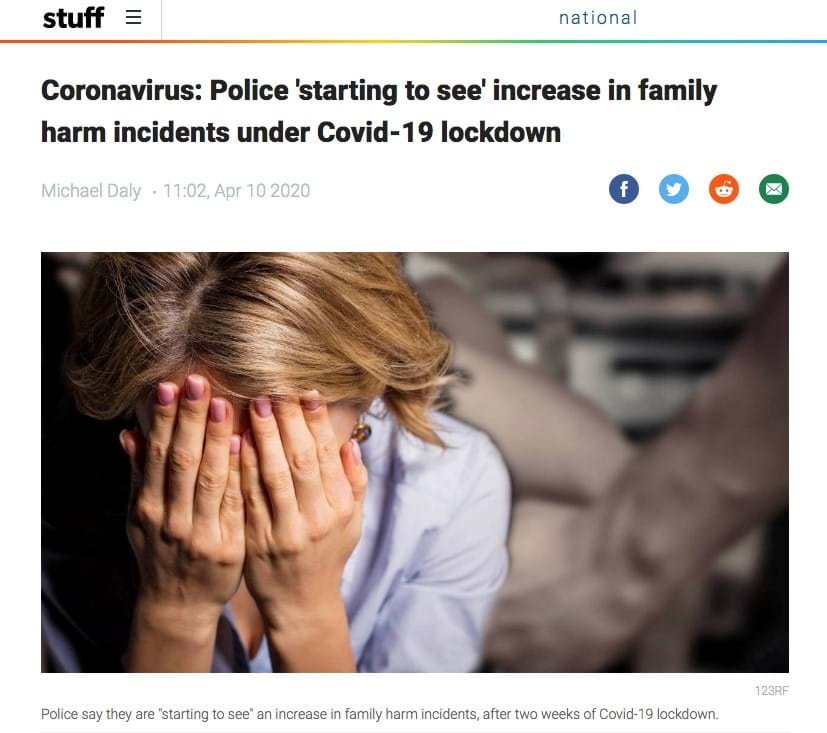
Source: Stuff news
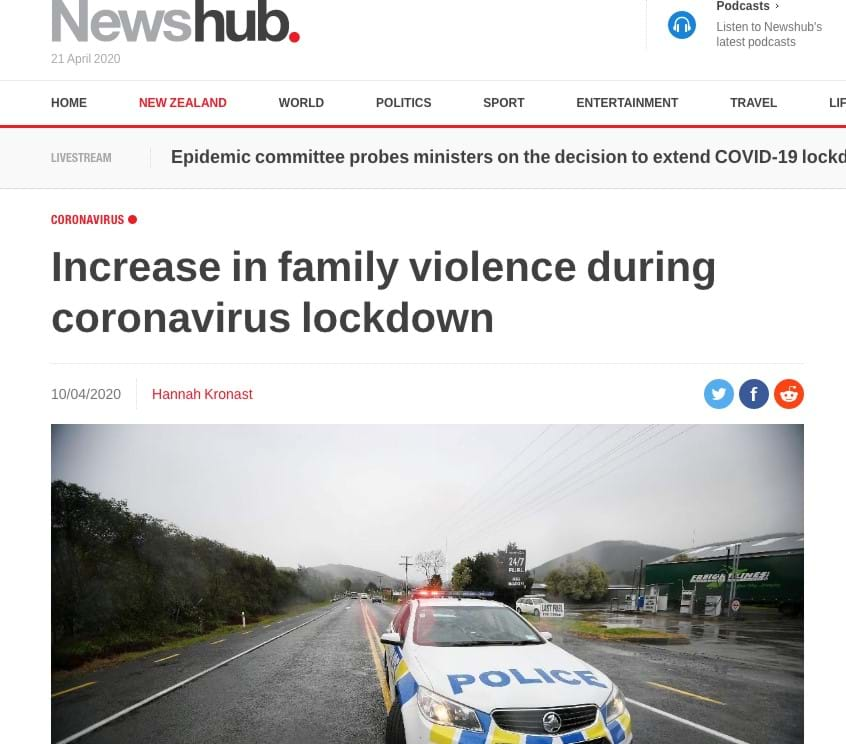
Source: Newshub report
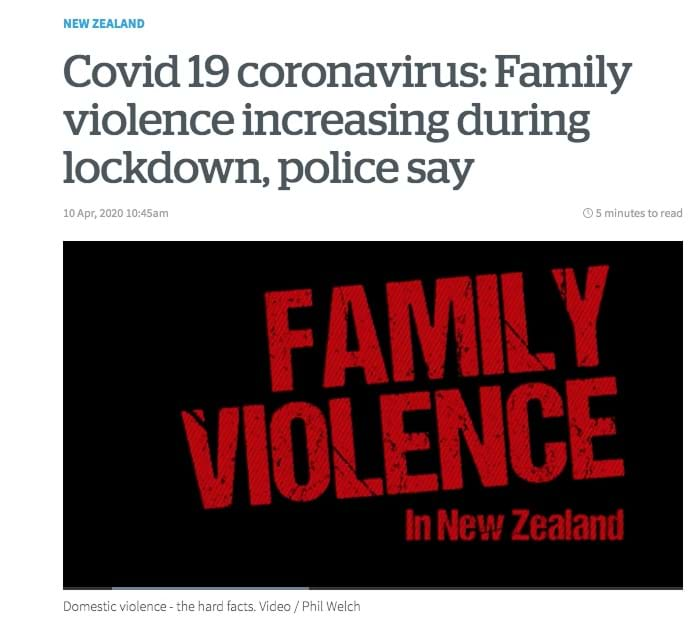
Source: NZ Herald news
According to the report by NZ Herald, within the first 4 days (from March 26th to March 29th ) of national lockdown, New Zealand Police have recorded up to 595 family violence incidents nationwide, nearly 150 cases per day.
However, Assistant Commissioner Sandra Venables indicated that the total number of actual incidents would likely be higher than the number reported.

Fig. New Zealand Police Assistant Commissioner Sandra Venables
Today, the AFS team will discuss with you about the family violence issue.
1-What is family violence?
According to the Family Violence Act amended in 2018, Family Violence (also referred to as Domestic Violence) refers to violence or abuse of any type, perpetrated by one family member against another family member, including child abuse, partner abuse and elder abuse.
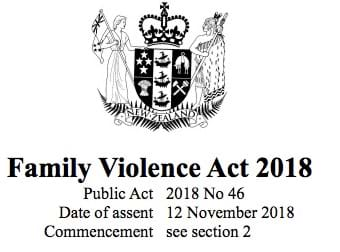
Family violence can be physical, psychological, sexual, or financial and can include neglect.
Family violence may occur in different family relationships. A person (A) is in a family relationship with another person (B) if A
(a) is a spouse or partner of B; or
(b) is a family member of B; or
(c)ordinarily shares a household with B ; or
(d)has a close personal relationship with B.
2-What does family violence include?
· Physical abuse
Physical abuse is the most common violence in the family setting, involving contact intended to cause fear, pain, injury, other physical suffering or bodily harm. Physical abuse includes hitting and punching, biting, pushing, choking or pulling your hair, making you drink or take drugs when you don’t want to, using or threatening to use weapons etc.
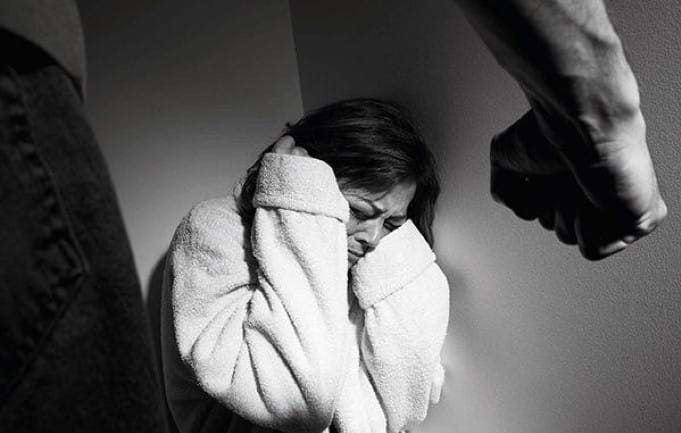
· Psychological abuse
Psychological abuse is a pattern of behavior that threatens, intimidates, dehumanizes or systematically undermines self-worth.
Psychological abuse includes minimizing, threats, isolation, public humiliation, unrelenting criticism, constant personal devaluation and other behaviors. Victims tend to feel their partner has control over them, empowering the perpetrator, and disempowering the victim.
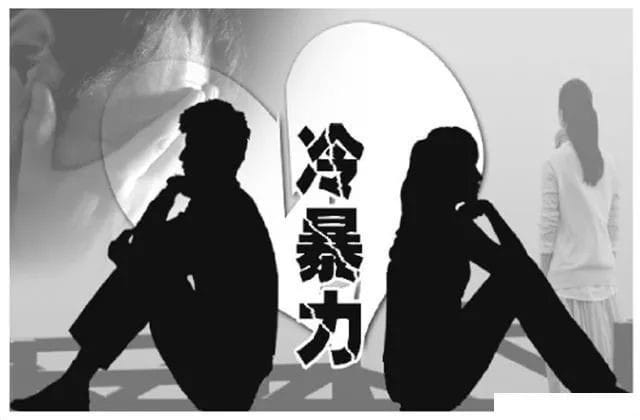
Perpetrators can also intimidate victims and then control them by threat of suicide or self-mutilation.
“Cold violence” (also known as “neglect”) is also a form of psychological abuse, including not providing food, clothing and warmth, leaving dependants alone or with someone who is unsafe, not providing comfort, attention and love, not providing medical treatment.
Psychological abuse is often not recognized by survivors of domestic violence as physical abuse. The victims also tend to exhibit more traumatic after effects.
· Sexual abuse
Sexual abuse, is defined as any sexual act, attempt to obtain a sexual act, unwanted sexual comments or advances, against a person's sexuality using coercion. (Rape can occur in marital relationship or other close relationship; any sexual act that is performed against the subjective consent of a person and by coercion is categorized as rape.)
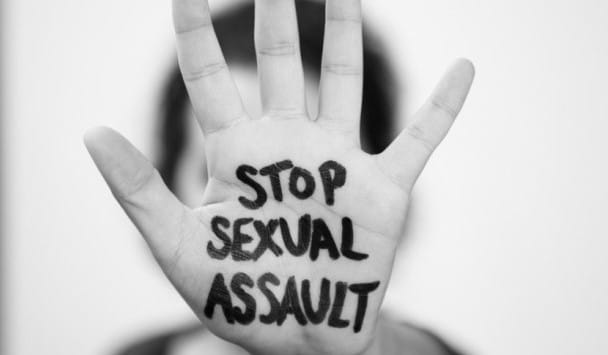
· Financial abuse
Financial abuse (or economic abuse) is a form of abuse when one intimate partner has control over the other partner's access to economic resources. Financial abuse may involve preventing a spouse from resource (e.g., money) acquisition, limiting what the victim may use, or by otherwise exploiting economic resources of the victim.
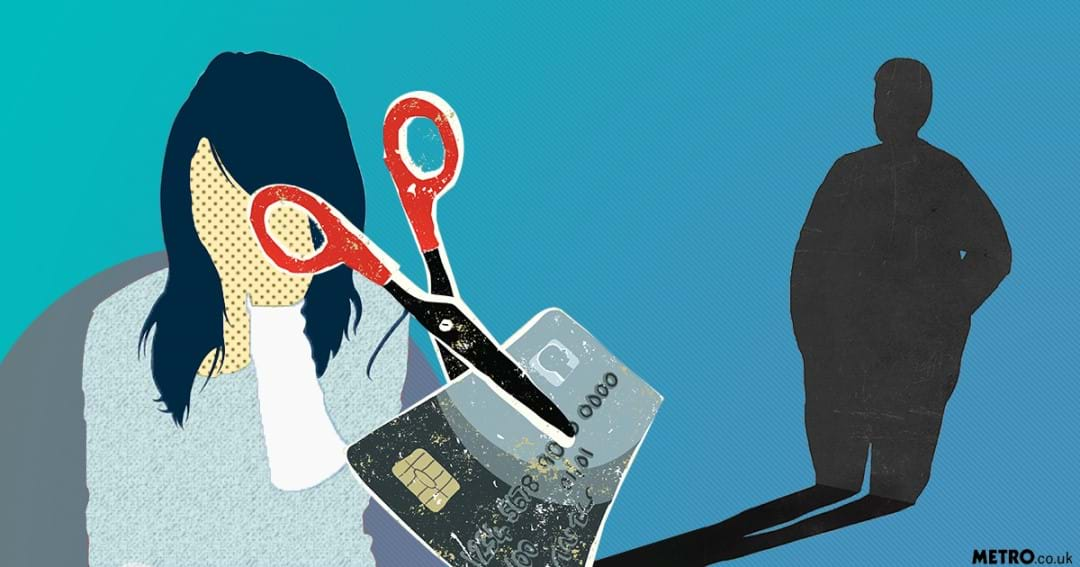
Financial abuse diminishes the victim's capacity to support themselves, increasing dependence on the perpetrator, including reduced access to education, employment, career advancement, and assets acquirement. After the victim loses economic control, they may feel disempowered and even humiliated.
3-Status quo of family violence in New Zealand
On the New Zealand Police website, there is a video called “Let's change our 'Normal”.
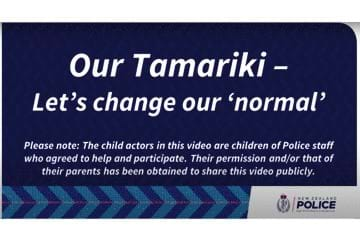
Source: New Zealand Police
In this video, children raised posters that showed striking facts and data about family violence in New Zealand.
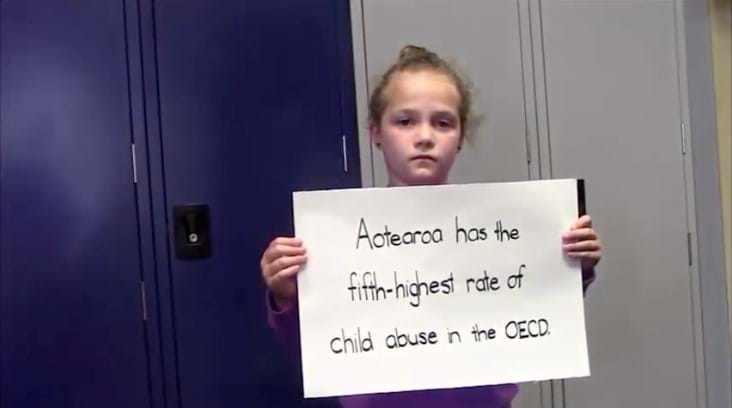
Source: New Zealand Police
Child abuse: New Zealand has the fifth-highest rate of child abuse in all the OECE countries.
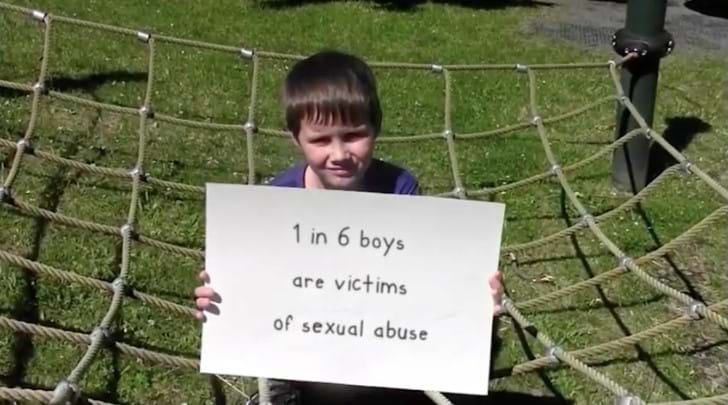
Source: New Zealand Police
1 in 6 boys are victims of sexual abuse.
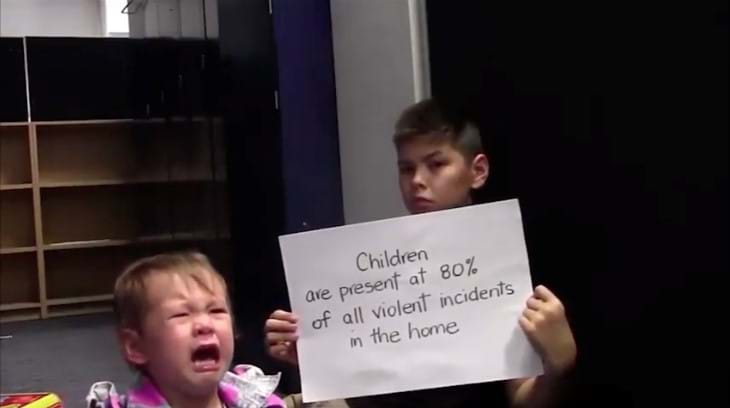
Source: New Zealand Police
Children are present at 80% of all violent incidents in the home.
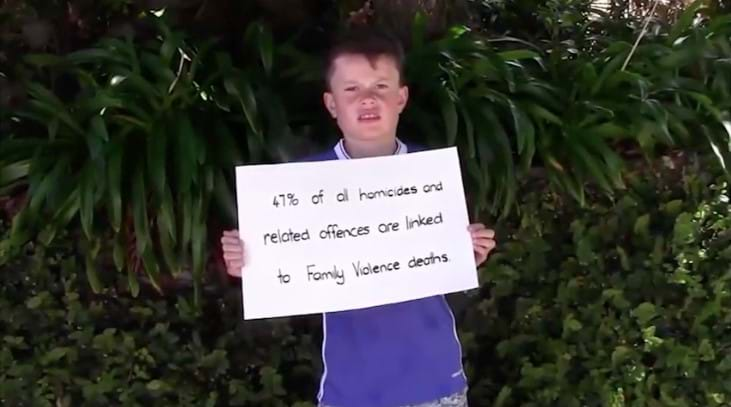
Source: New Zealand Police
47% of all homicides and related offences are linked to family violence deaths.
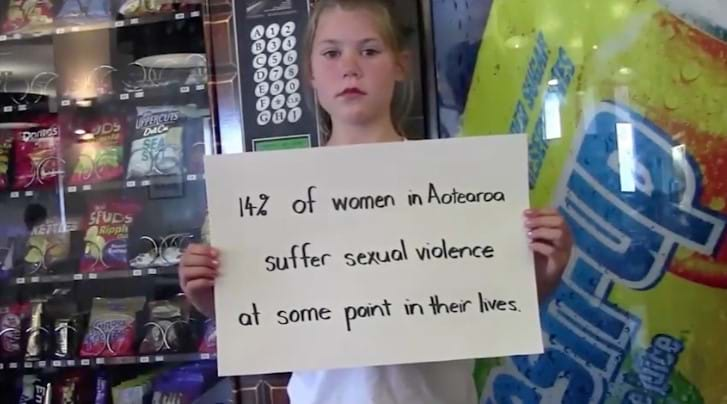
Source: New Zealand Police
14% of women (about 1 in 6) in New Zealand suffer from sexual violence at some point in their lives.
4-Say No to family violence
From the eyes of the perpetrators, violence has no gender limit nor age limit. Child abuse, “cold war” between spouses, financial abuse of offspring to their elderlies…all these family violence incidents take place in every minute.
In February 2018, a 46-year-old male in Auckland was sentenced to 12-year imprisonment. From 2001 to 2016, he has abused his partner and children consecutively for 15 years, which became one of the worst family violence incident in New Zealand history.
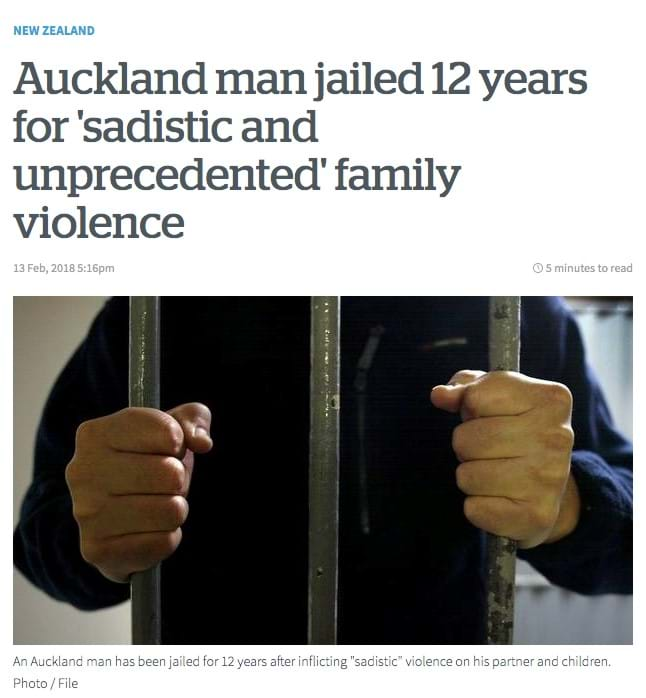
Source: NZ Herald
In court, his 15-year “sadistic” torment was unveiled.
“The worst of the violence involved beating the woman around the head so often she went blind in one eye, throwing a jug of boiling water on her, throwing a soup bowl, a hairbrush and a mug at her head- scarring her- disfiguring her ear, and hitting her with a car door so violently the woman miscarried.”
“…he drove into her with his car, pinning her between the car and garage door, and sat in the idling vehicle watching her for a period while she screamed in pain. Sometimes he ordered her into the cold night naked before welcoming her back with a hot bath and cup of tea.”
“The violence was witnessed by six of the couple's seven children, who were also assaulted. They were beaten with a wooden belt, thrown down stairs and into walls, and assaulted with various weapons around the home…”
“The man exerted huge control over the family, including forbidding the children from leaving the home to play with others, phoning his partner, a student, multiple times during the day, controlling the finances, and keeping her identification.”
He prevented her from seeking medical attention and after breaking her wrist during one attack, she made her own splint and the break didn't heal properly.
“The court heard the man encouraged the children to denigrate their mother and forced them to find weapons around the home to assault her with.”
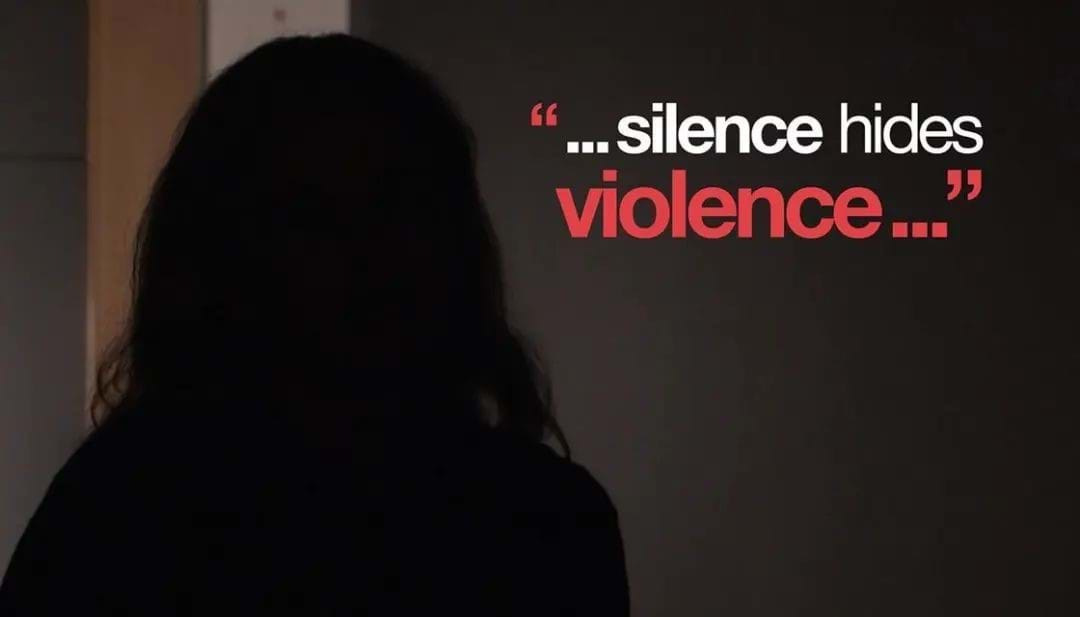
Can you imagine living a hell-like life in this family??
Every scar left by beating and hurting, every sleepless night out of fear…all the days in the 15-year family violence has left to the partner and her children unforgettable trauma.
Should she or her children be treated like this?
Of course not!
Not a single person in this world
Should be treated cruelly like this!
“He is after all my family”. Bearing this thought on mind, she condoned his evil deeds time and time again; she held the imagination that “he would be changed over time”. In return, she has gained more tortures in the name of “love”.
Please remember, the distorted love is not love at all!
There is only 0 time and multiple times in family violence incidence.
Please say No to family violence.
Family Violence is NOT OK.
Not a single person in this world
Should be treated cruelly like this!
5-Please do this when encountering family violence
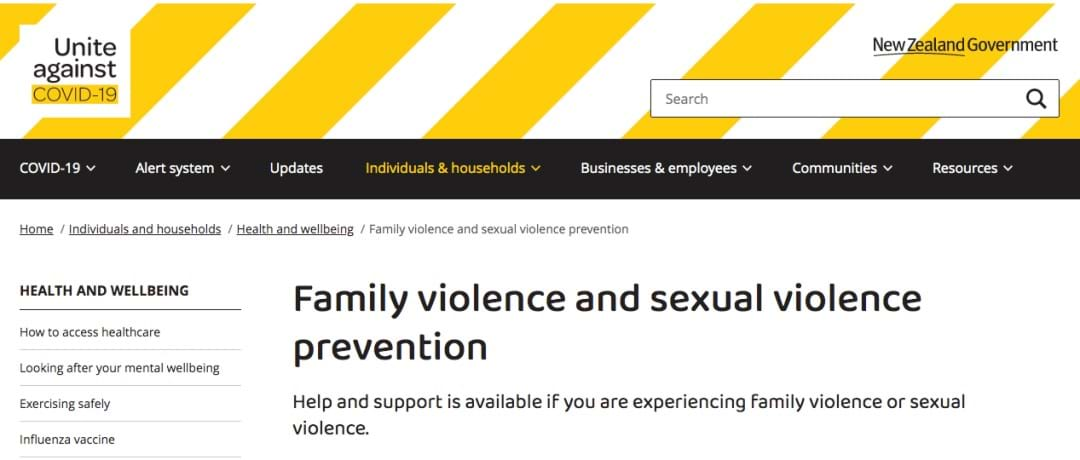
Source: New Zealand Government COVID-19 website
During the COVID-10 lockdown, family violence and sexual abuse is the foremost issue of concern by the New Zealand Government and the Police. Any form of violence is a crime.
In the COVID-19 pandemic period, all services related to family violence support and sexual abuse support are essential businesses, ready to lend help to any victim.
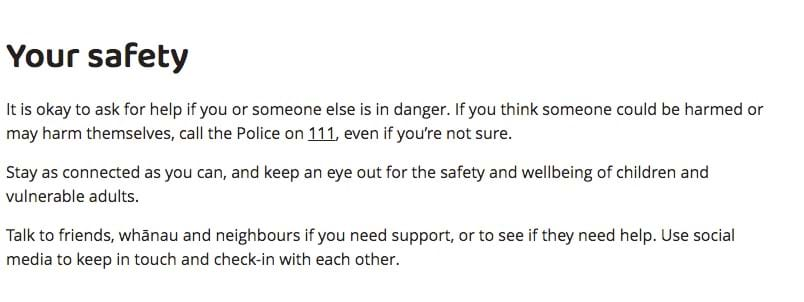
Source: New Zealand Government COVID-19 website
Your safety is the most important thing.
· If you think yourself or someone is in danger, call the Police on 111 immediately.
· If you think someone could be harmed or may harm themselves, call the Police on 111 immediately.
· Stay as connected as you can, and keep an eye out for the safety and wellbeing of children and vulnerable adults.
· Talk to friends, whānau and neighbours if you need support, or to see if they need help.
· Use social media to keep in touch and check-in with each other.

Source: New Zealand Government COVID-19 website
If you are a victim of family violence, sexual violence, or if there is someone that makes you fearful, threatens or harasses you, seek help as soon as possible. You have the right to be safe.
The following helplines continue to be available for people needing help:
· Family Violence Information Line: Call free on 0800456450 (9am to 11pm, 7days)
· Shakti New Zealand:call free on 0800742 584, providing family violence support for New Zealand Asian, African and middle-east immigrating families
· Women's Refuge(24/7):Call free on 0800 733 843 (0800 REFUGE) ;
· Shine:0508 744 633 (9am to 11pm, 7days);
· Elderly Abuse Helpline(24/7):call free on 0800 32 668 65
· YouthLine(24/7):Call free on 0800 376 633, text 234 or email [email protected]
· Safe to Talk (Sexual abuse helpline) Call free on 0800 044334, text 4334 or email [email protected]
· Victim Support(24/7):Call free on 0800 842 846 or email [email protected]
· LGBTQI OUTline NZ:Call free on 0800 688 5463
You can find more help services by log onto the New Zealand Government COVID-19 website.
The website link (please copy and paste the link to your browser):
https://covid19.govt.nz/individuals-and-households/health-and-wellbeing/family-violence-and-sexual-violence-prevention/
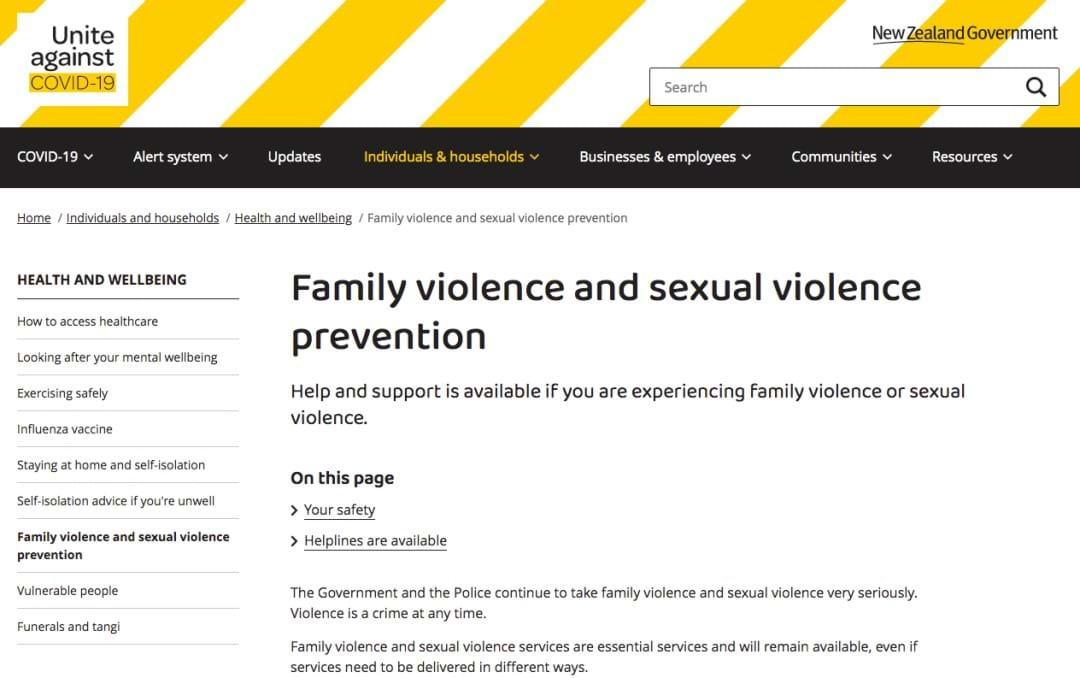
Source: New Zealand Government COVID-19 website
White Ribbon, an NGO advocating “Stop family violence and sexual violence against women”, is leading a campaign called “Our House Rules” during the COVID-19 lockdown.
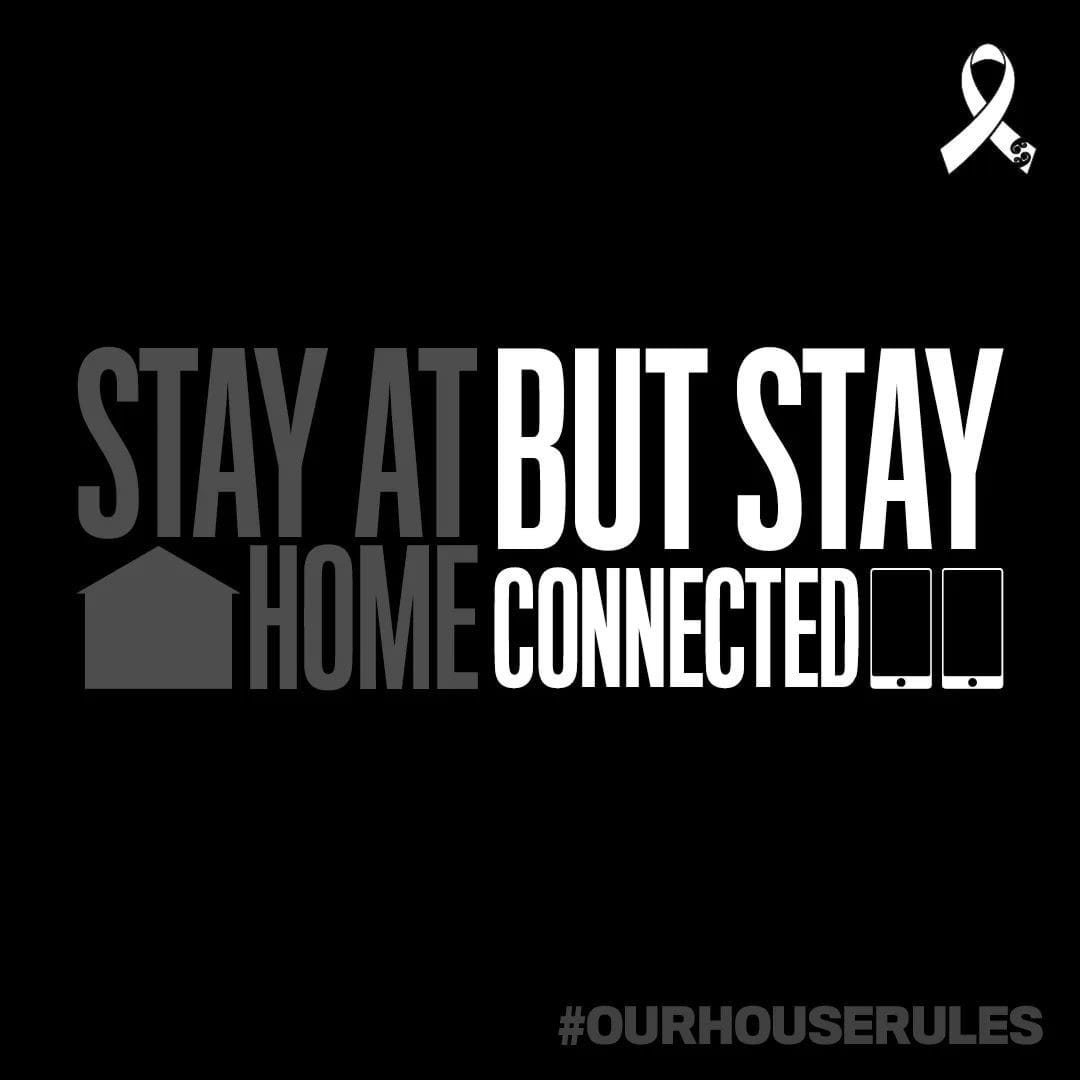
Source: White Ribbon
The White Ribbon ambassador Luke Qin JP said, in an unprecedented health emergency, we have found ourselves cooped up inside. “Cabin fever” creates tension and becomes a risk for families with a history of domestic violence. The purpose of this campaign is to encourage caring behaviours to create a safe and happy lockdown environment for everyone.
Let’s say No to family violence!
Everybody deserves to be nicely treated.
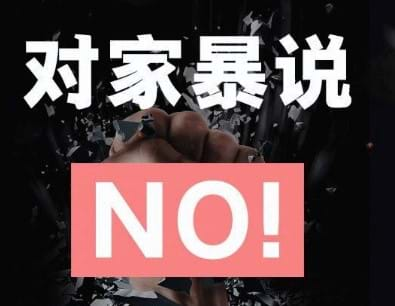
If you or your family member is having an issue related to family violence, please call our Asian Helpline ☎0800863342.

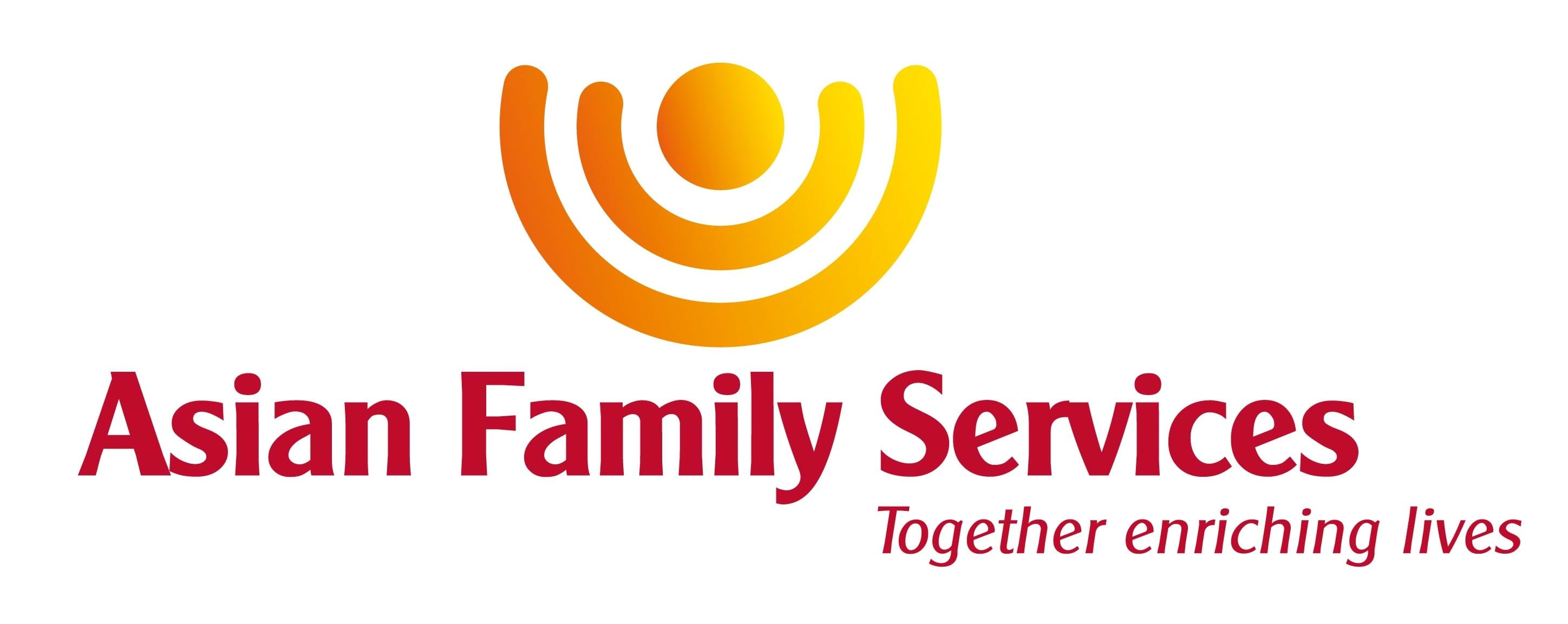
AFS provides counselling services in eight languages, including English, Mandarin, Cantonese, Korean, Japanese, Vietnamese, Thai and Hindi.